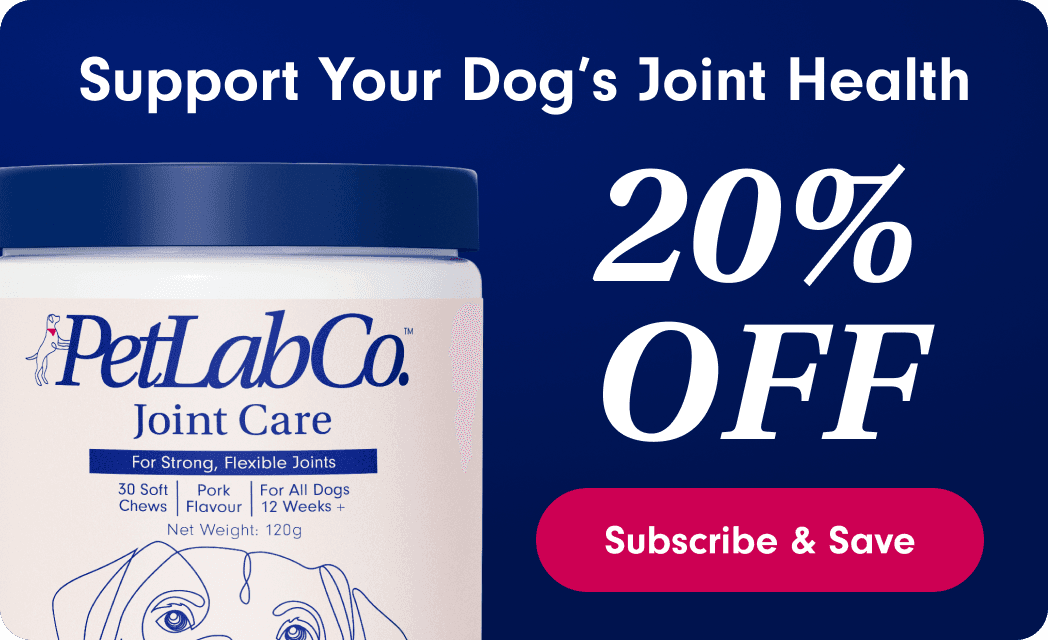
Can Dogs Eat Pasta?
Estimated Read Time: 3 ½ minutes
Summary: In this blog, learn whether dogs can eat pasta. Discover whether pasta is good, bad or OK for dogs and whether dogs can have pasta sauce below...
Can Dogs Eat Pasta?
Yes, a dog can have pasta as long as it’s plain and been cooked – so without salt, other seasonings or sauce. It should also only be fed to a dog as a treat and in very small amounts, otherwise, this can lead to unhealthy and unwanted weight gain.
Can Dogs Eat Spaghetti?
Spaghetti is simply another cut of pasta, so yes, as long as it’s cooked and plain, a dog can eat spaghetti in very small portions as a treat.
Is Pasta Good For Dogs?
Pasta isn’t toxic to dogs, but it shouldn’t be served as part of their everyday diet. There’s not much nutritional value in pasta for a dog, as pasta is primarily an energy source; a carbohydrate. If served in large quantities, this can lead to unhealthy weight gain which can hinder a dog’s health. High-quality dog food can provide all the nutrients and energy a dog typically needs.
A dog should not be fed pasta if they have a known food allergy to eggs, wheat, gluten or grain. Signs they may be experiencing one include:
- Itching
- Diarrhoea
- Vomiting
- Constant pawing at their ear(s) (indicating an ear infection; a common sign in wheat allergies)
If you spot any of these signs in your pup, check in with your vet.

Can Dogs Eat Pasta Sauce?
No, you should not feed your dog pasta sauce. Pasta sauces contain flavourings like onion and garlic which are toxic to dogs, and can be high in salt, sugar or contain xylitol (artificial sweetener) which is also incredibly toxic to dogs.
Can Dogs Eat Whole Wheat Pasta?
Yes, as long as your dog doesn't have a known allergy to wheat. This pasta must also be served plain and cooked and only shared as a treat in very small amounts too.
Can Dogs Eat Noodles?
Yes, but again, only if they are plain and cooked. Noodles should also only be offered as a treat food to your pup, as they are very high in carbohydrates and can lead to unnecessary weight gain.
Instant noodles are far too high in sodium (salt) and can also include toxic preservatives and additives that will in no way benefit a dog.
Sticking to dog treats and dog-safe foods is a better way of spoiling your dog!
PetLab Co. Pro Tip: Treat foods should make up no more than 10% of your dog’s daily calories. Another good tip when it comes to treating a dog, is that a reward should ideally never be bigger than the size of your thumbnail!
Sources
“Can Dogs Eat Pasta, Spaghetti Or Noodles?” Purina https://www.purina.co.uk/articles/dogs/feeding/what-dogs-eat/can-dogs-eat-pasta-noodles
Author Dobbs, Renee “Can Dogs Eat Pasta? What To Know About Dogs And Pasta” Spoiled Hounds, Jan 25. 2022 https://spoiledhounds.com/can-dogs-eat-pasta







